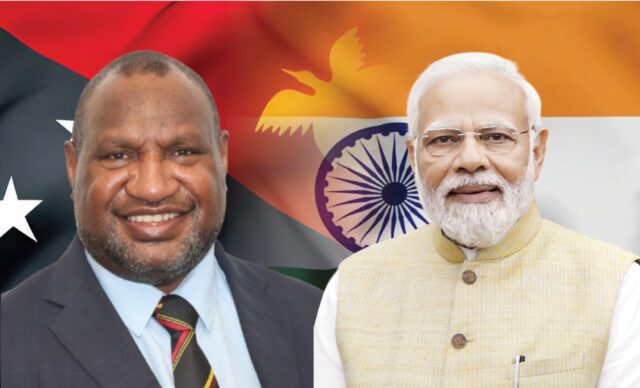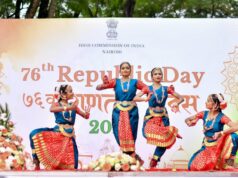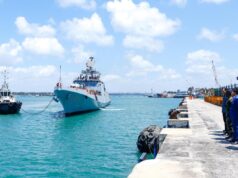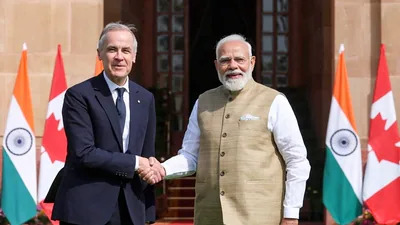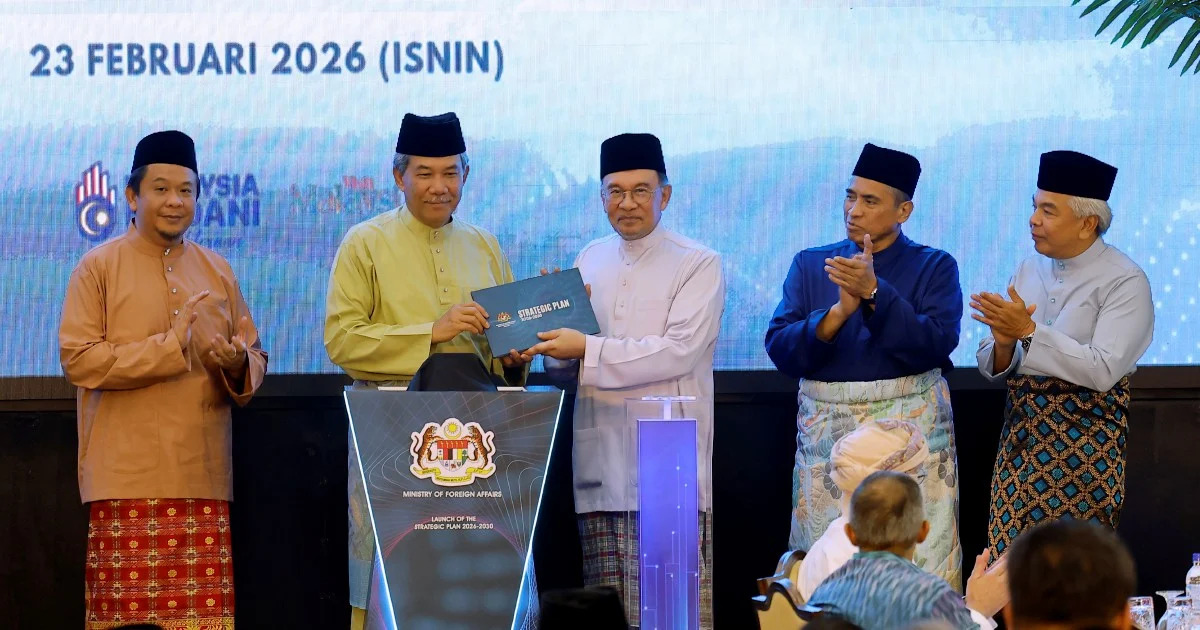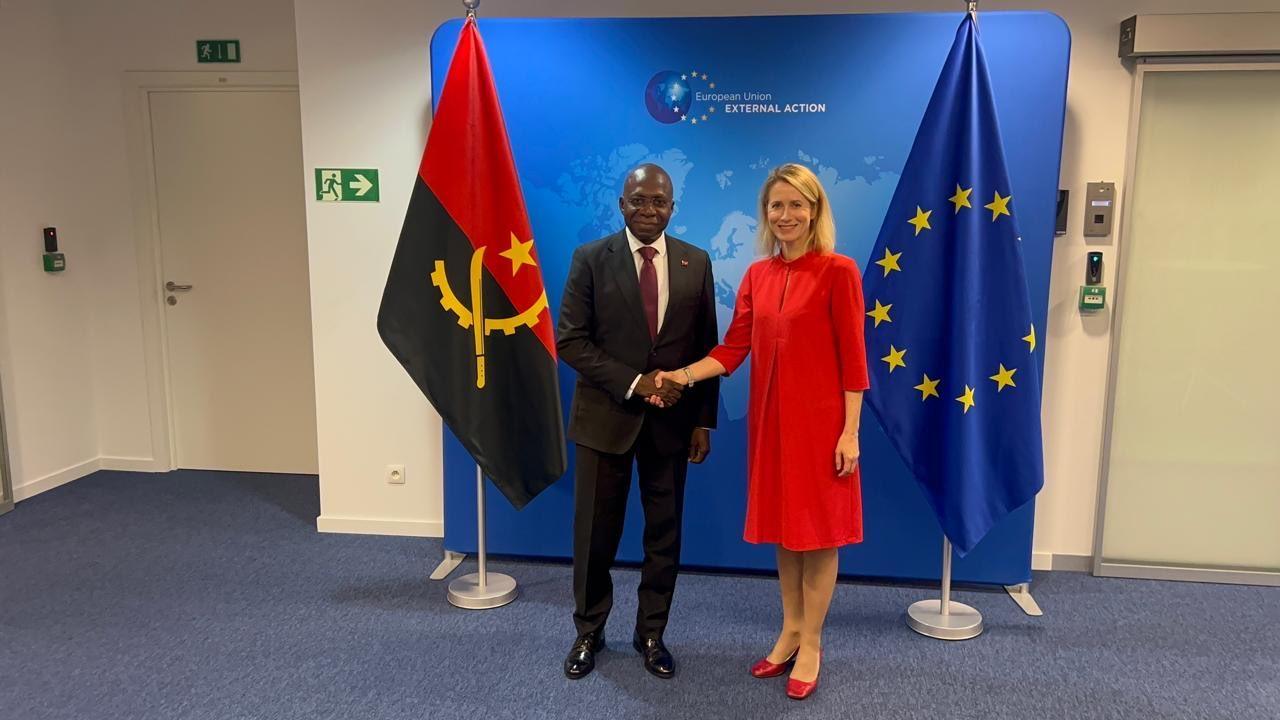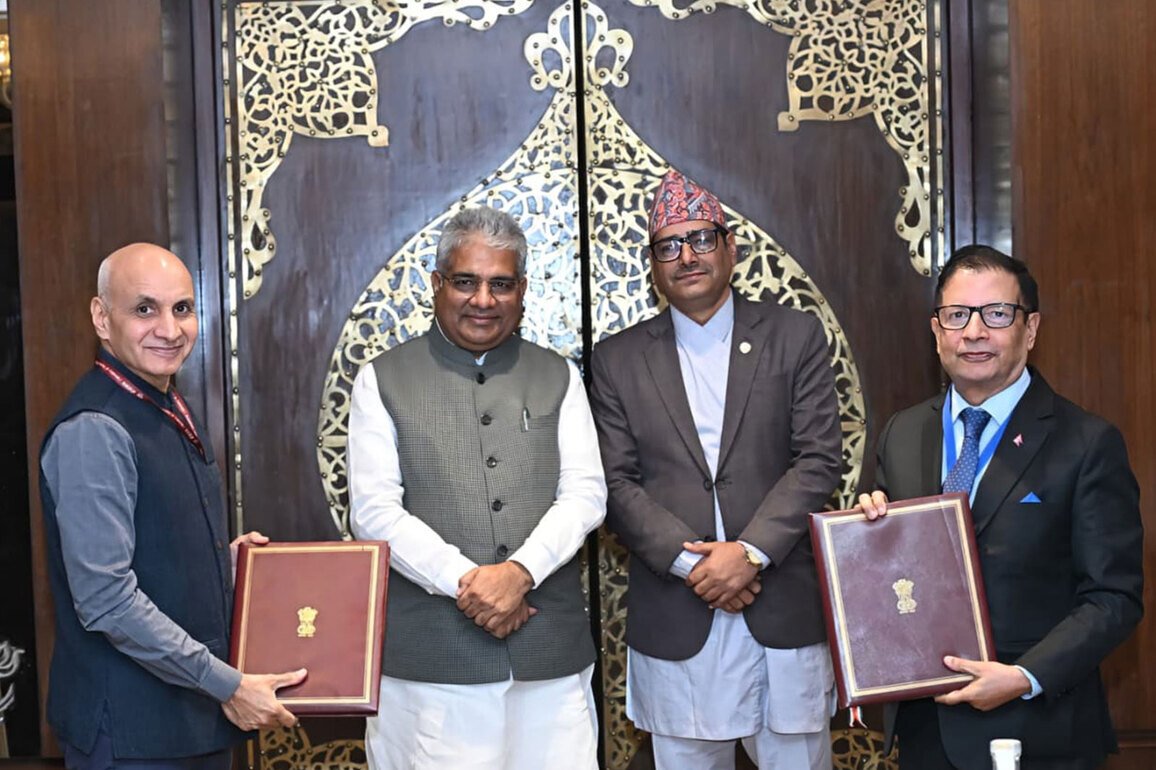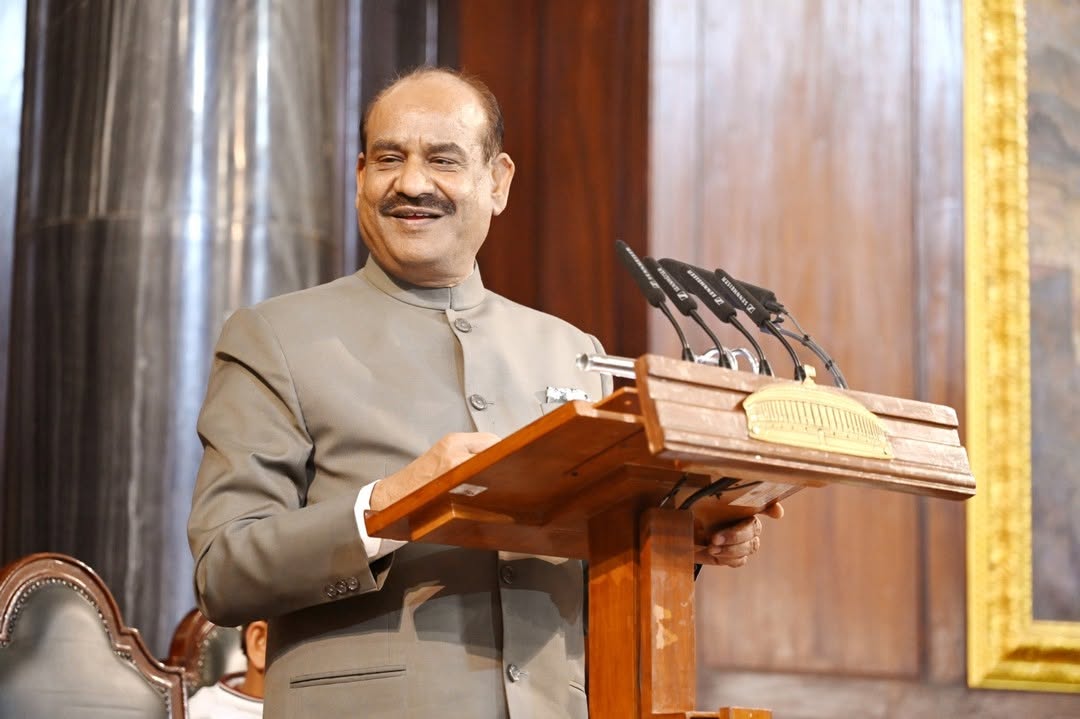The foundation stone for Papua New Guinea (PNG) – India relations was laid following PNG’s independence in 1975. India’s recognition of PNG’s nascent sovereignty and its commitment to South-South cooperation forms the basis of the PNG-India relations, which have grown steadily and in a congenial manner since 1975. PNG has a High Commission in New Delhi since May 2006, while India operates a High Commission in Port Moresby since April 1996. India and PNG formalised their diplomatic relations on 19th May 1976. They have worked closely in the international fora, including the Commonwealth, the Non-Aligned Movement, and more recently, the United Nations. PNG and India are committed to joint development and regional peace. In view of the strategic position, PNG undoubtedly holds crucial significance and importance in global politics and security. Both nations are dedicated to fostering close ties in diverse areas and sectors. The collaboration is marked by a shared focus on defence initiatives, economic cooperation, cultural engagement, and common security objectives, contributing to a mutually supportive relationship under the framework of UN guidelines.
Areas of Cooperation
PNG and India are engaged in a thriving partnership in different sectors including mining, agriculture, health, education, defence capacity-building, trade, oil and gas, cybersecurity, culture, and education. The collaboration between PNG and India is clearly discernible in important agreements which are aimed at strengthening ties. In this regard, ITEC scholarships, IT Centres of Excellence, and e-VidyaBharati should be mentioned as they are important aspects of the PNG-India relationship, specifically for facilitating knowledge-sharing and strengthening capacity-building.
PNG and India are engaged in developmental partnership in different sectors. India has extended its support to PNG for community initiatives including coral farms, solar electrification, boats, vehicles, construction of sea walls, the supply of agricultural equipment, computers and LED bulbs for educational institutions, sewing machines, dialysis machines, and portable sawmills. India has also played a leading role in promoting initiatives like the International Solar Alliance (ISA) and the Coalition for Disaster Resilient Infrastructure (CDRI).
Under the framework of the Act East Policy, India has initiated the Forum for India-Pacific Islands Cooperation (FIPIC). The FIPIC is a multilateral alliance established in 2014 to foster collaboration between India and 14 Pacific Island nations.
The first Summit was held in 2014 (Suva, Fiji). India committed to establishing a ‘special fund’ of US$1 million for reducing the effects of climate change by focusing on clean energy. India expressed its keenness to closely collaborate with Pacific Island nations and advance their development priorities. The second Summit took place in Jaipur in 2015, with participation from all 14 countries. As India enhances its maritime domain awareness, strategic objectives, and economic interests in the Indo-Pacific region, its approach towards the PICs has been evolving, as it seeks to extend its focus beyond its immediate vicinity.
The third Summit was held in Port Moresby, PNG in 2023, which was attended by the Indian Prime Minister Narendra Modi. PNG Prime Minister James Marape rolled out the red carpet for PM Modi, making an exception to a local custom that prohibits welcoming visitors after sunset, thereby signifying warmth and respect between the two nations.
Visits by political dignitaries to PNG made it possible to make the relationship between PNG and India even stronger. To expand the scope of India’s Act East policy, former Indian President Sri Pranab Mukherjee paid a two-day state visit to PNG in April 2016. It was the first visit by an Indian Head of State to PNG. President Mukherjee’s visit marked a progressive step in engaging with the PICs. President Mukherjee succinctly said during his visit, “PNG plays a crucial role in India’s extended ‘Act East’ policy, and India perceives this nation as a gateway to fostering closer cooperation with the Pacific Island Countries.” After this, PM Modi visited PNG on the occasion of the third summit of the FIPIC in 2023.
Memorandum of Understandings (MoUs):
MoU between the Ministry of Health and Family Welfare and the Ministry of Health and HIV/AIDS of PNG concerning healthcare and medical science.
MoU regarding a US$ 100 million line of credit between the Government of PNG and the Export-Import Bank of India.
MoU between the Indian Council of Agricultural Research, New Delhi, and PNG University of Technology, Lae, PNG. MoU between India and PNG for the establishment of an India-PNG Centre for Excellence in Information Technology.
Economic Cooperation
Economic cooperation is a core aspect in the PNG-India relationship. India, with its robust and diversifying economy, presents a vast and growing market for PNG’s huge and abundant natural resources. This includes not only traditional exports like timber and minerals but also the immense potential in areas such as liquefied natural gas (LNG), fisheries, and agricultural products like palm oil, coffee and cocoa. In view of escalating global demand for rising sustainable resources, PNG’s rich biodiversity and untapped reserves have opened up investment opportunities for Indian companies. The volume of trade between the two countries clearly reflects their robust economic relationship, which is USD 729.20 million for the year 2024-25. India contributes to the partnership by exporting pharmaceuticals, rice, textiles, machinery, and vehicles, showcasing its commitment to mutual growth. On the other hand, India’s imports from PNG primarily consist of gold, copper, ores & concentrates, timber, copra, marine products, coffee, vanilla, and cocoa.
Strategic Importance
As part of India’s Act East Policy, PNG presents diverse opportunities for engagement within the Pacific region. Right from the beginning, India has consistently maintained close ties with PNG. In the past, India has also collaborated on technical cooperation in areas such as clean energy, solar power, and climate change adaptation and mitigation. The island nation, PNG has significantly served as a crucial platform for Indian diplomacy. This claim can be substantiated by a recent $100 million line of credit allocated for infrastructure development, and the establishment of a “human-centric globalisation,” as articulated by Indian External Affairs Minister Dr. S. Jaishankar. This initiative provides a scope for India to delicately address critical resource and structural challenges that face PNG. In view of India’s expanding relationship with different countries of the world and its maritime interests extending beyond the Bay of Bengal, the Indian Ocean region, and the Straits of Malacca, the aspect of gaining strategic partners is very important in areas like the Indo-Pacific.
As far as the diaspora is concerned, PNG hosts a small Indian community of about 3,000 people who are engaged in different sectors, including business, education, and healthcare, contributing to the nation’s economic progress. To be precise, the aspect of cultural exchanges between PNG and India have a lot of scope for the present and future. Both nations can enhance cultural understanding through targeted events, exhibitions, and festivals. It is the responsibility of both countries to explore opportunities in order to strengthen trade relations and cultural exchanges in order to foster improved bilateral ties.
Conclusion
PNG is a nation rich in natural resources, cultural variety, and strategic significance. PNG’s potential for growth and regional impact remains significant and crucial. It should be pointed out that the strategic dimension of the PNG-India relationship has significantly gained prominence in 2025. Both nations are firm proponents of a rules-based international order, respect for national sovereignty and territorial integrity, and the peaceful resolution of disputes. This shared worldview underpins their convergence on various regional and global issues. Since both the nations continue to evolve and engage on the global stage, there are bundles of potential avenues which can lead to enhanced cooperation and improved relationship status in the coming years.

